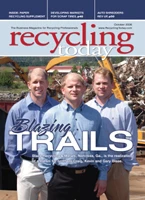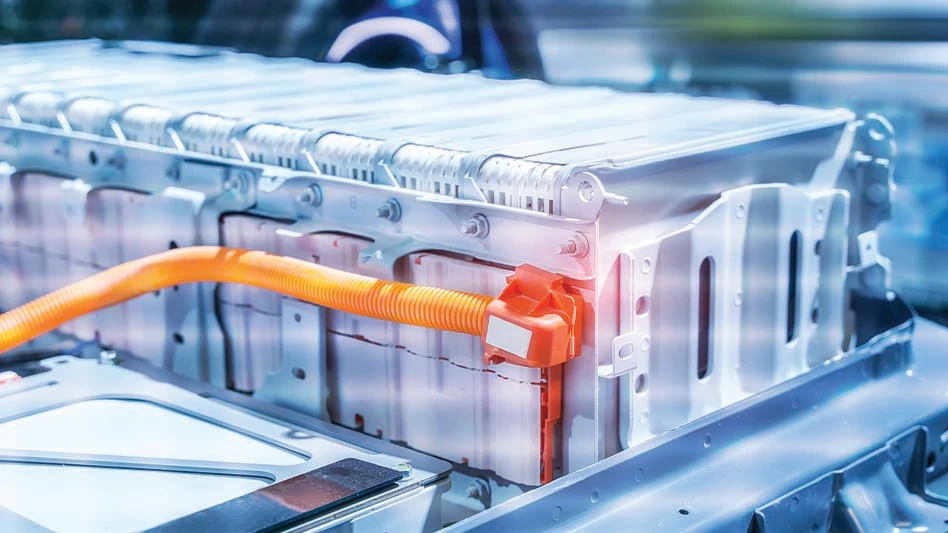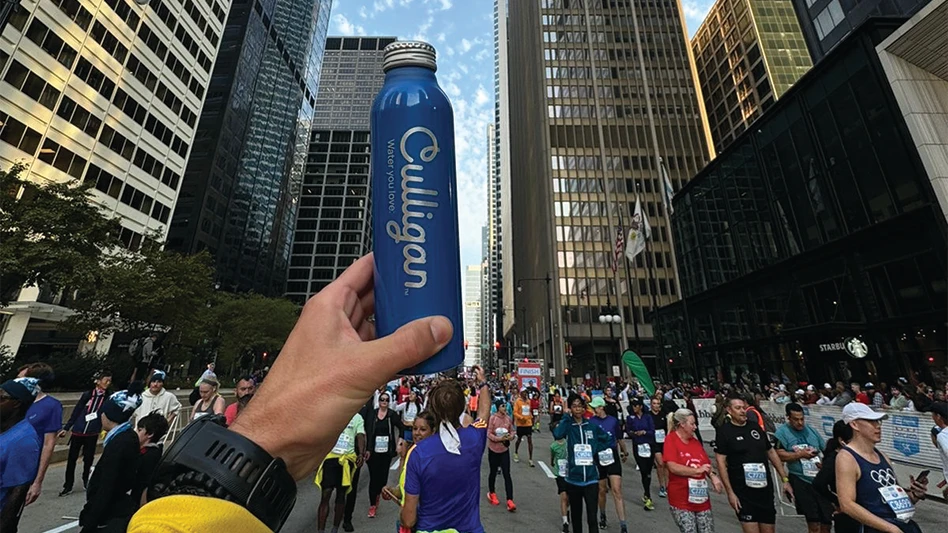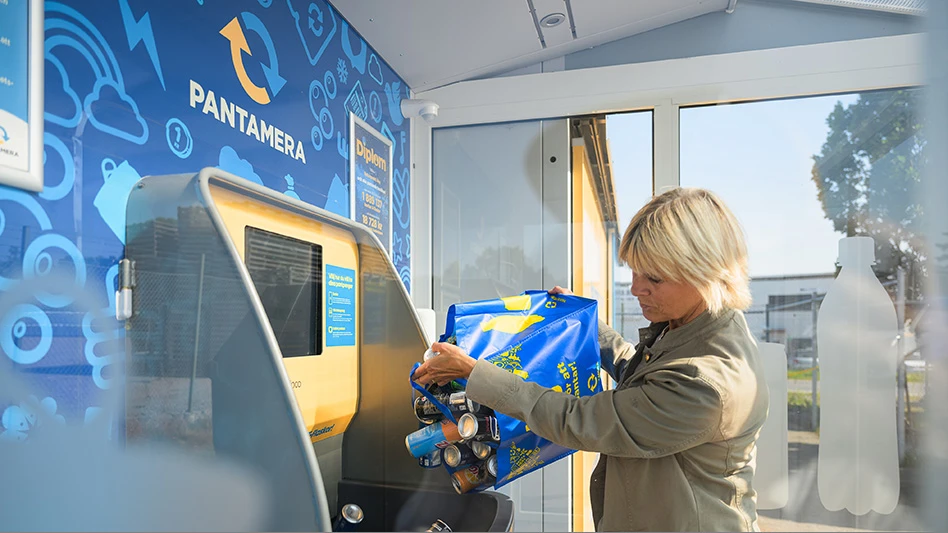COASTING ON THE GREAT LAKES
Anheuser-Busch, one of the world’s largest brewers and a recycler of aluminum cans, is joining Biodiversity Project to help protect the Great Lakes, the world’s largest fresh water resource. The promotion is part of Great Lakes Forever, a larger public education initiative by Madison, Wis..-based Biodiversity Project that seeks to raise awareness of the Great Lakes and to protect what it calls the region’s valuable but vulnerable natural heritage.
Anheuser-Busch wholesalers began distributing Great Lakes "awareness" posters and coasters in August to retail outlets in various states surrounding the Great Lakes. In addition, Budweiser will make a $10,000 donation to Great Lakes Forever education and awareness programs that focus on protecting water quality.
Great Lakes Forever is a three-year old public education program providing information about the lakes, threats to their health and ways individuals can get involved.
Jeffrey Potter, coordinator of the Great Lakes Forever program, says, "We hope that this campaign will help empower more people to take action to protect this international treasure."
This is the second year Anheuser-Busch has supported the Biodiversity Project with Great Lakes coasters. Last year, the Michelob Golden Light brand produced similar coasters that were distributed in certain states. This year, the Budweiser brand is supporting the program and expanding beer coaster distribution to various Great Lake states.
More information about the Great Lakes Forever program is available online at www.greatlakesforever.org.
AMERICA RECYCLES DAY CONTEST ENCOURAGES STUDENTS TO RECYCLE
The Florida Department of Environmental Protection (DEP) and Creative Recycling Systems Inc. have started the third annual Florida K-12 Schools Recycling Pledge Card Contest. The contest rewards one class statewide at the elementary, middle and high school levels that submit the greatest number of recycling pledge cards to encourage environmental stewardship among students and their families.
"Recycling helps reduce waste, which is vital to preserving Florida’s natural resources and protecting our environment," Mike Sole, DEP deputy secretary for regulatory programs and energy, says. "This contest encourages Florida’s youth to take personal responsibility to manage waste and demonstrate environmental citizenship at school and at home."
By taking the recycling pledge, the students and their families promise to protect the environment by recycling. The class at each level with the most pledges will receive prizes for their efforts, including a gently used desktop computer and monitor courtesy of Creative Recycling Systems Inc. In addition, each individual who completes a pledge card will be entered into state and national drawings for prizes. Adults will have a chance to win an all-expense paid seven-night Alaskan cruise for two, and children will be eligible to win one of five Trek bicycles. Each person will also have a chance to win a number of state prizes such as gift cards.
In 2005, more than 6,200 pledge cards were entered through the Florida schools contest, according to the DEP. Overall, more than 10,000 pledges were received statewide from Floridians who took the America Recycles Day pledge to recycle and buy more recycled products in 2005.
Information on how to enter the 2006 contest, prizes and official rules are available at www.floridadep.com/waste/categories/recycling/AR/2006/ar06.htm.
GREENING ELECTRONICS
With the launch of the Electronic Products Environmental Assessment Tool (EPEAT), large-volume consumers can get more information on how computer products rate environmentally.
EPEAT-registered computer products have reduced levels of cadmium, lead and mercury; are easier to upgrade and recycle; and also meet the government’s Energy Star guidelines for energy efficiency.
EPEAT is funded through a grant by the EPA and is managed by the Green Electronics Council (GEC). The program promotes continuous improvement in the environmental design of electronic products and informs purchasers of the environmental design criteria. EPEAT may eventually expand to include individual consumer purchasers.
Information on the EPEAT standard and a database of registered products is available at www.epeat.net.
Get curated news on YOUR industry.
Enter your email to receive our newsletters.

Explore the October 2006 Issue
Check out more from this issue and find your next story to read.
Latest from Recycling Today
- Nucor expects slimmer profits in early 2025
- CP Group announces new senior vice president
- APR publishes Design Guide in French
- AmSty recorded first sales of PolyRenew Styrene in 2024
- PRE says EU’s plastic recycling industry at a breaking point
- Call2Recycle Canada, Staples Professional expand partnership
- Circular Services breaks ground on north Texas MRF
- Tariff uncertainty results in choppy nonferrous scrap flows






